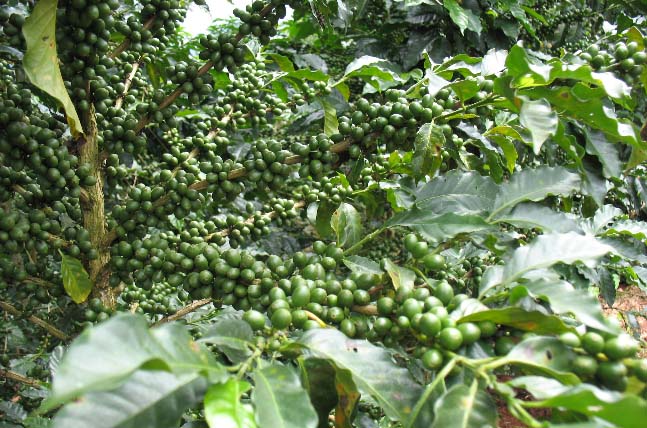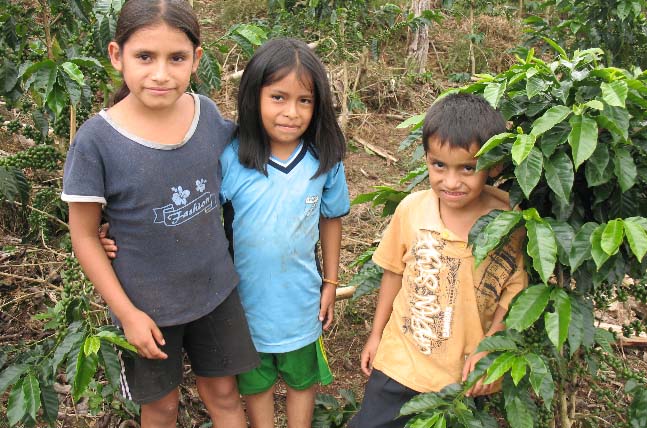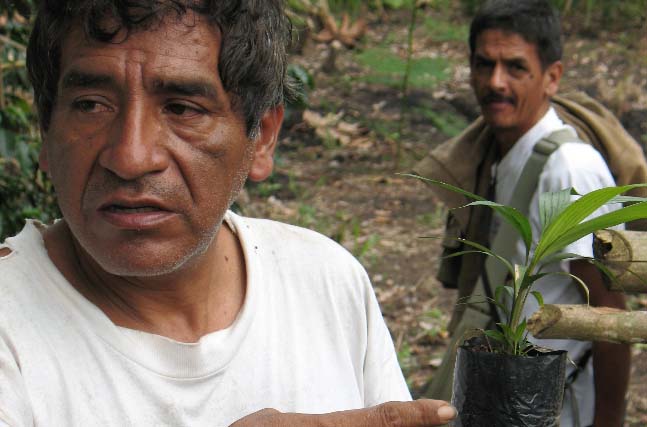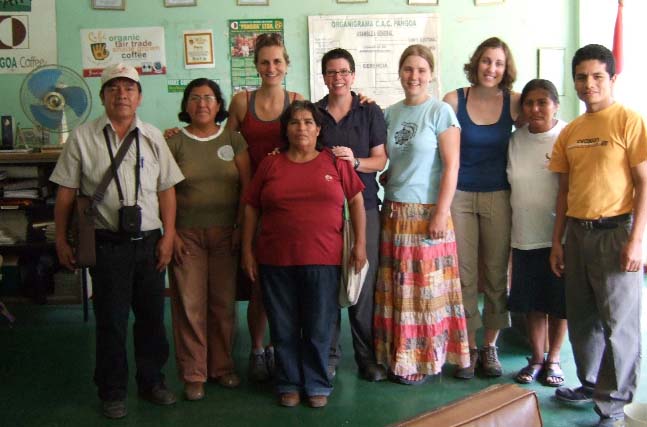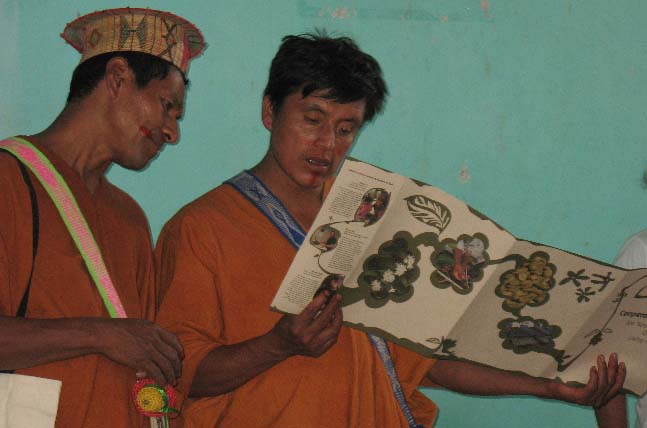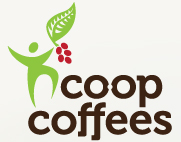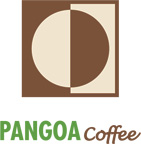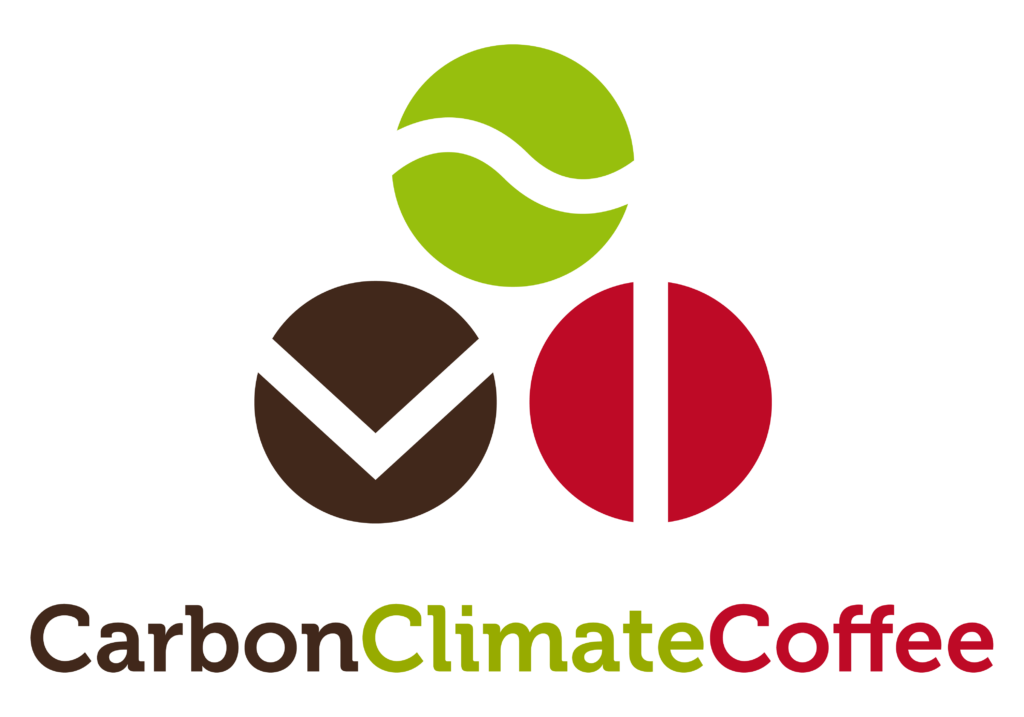Fast facts
Just east of the Andean mountain range in Central America is the Cooperativa Agraria Cafetalera Pangoa. CAC Pangoa was founded in 1977 by 50 farmers from the town of San Martin de Pangoa, who had splintered from the larger and older Cooperativa Agraria Cafetalera Satipo due to the distance between their town and Satipo. In the early 1980s, Pangoa grew to nearly 1,700 members, and the future looked very promising. With an internal agreement to set aside 3 percent of every sale for internal investments, members were able to build much of the infrastructure that is still in use today.
However, the 1980s ushered in the turbulent era commonly known as “El Periodo del Terrorismo” which lasted for 20 years. The militant group, the Shining Path, swept through what had been a remarkably peaceful area of Peru, killing thousands of innocent people and carrying out a dreadfully effective fear campaign. As a result, Pangoa lost hundreds of farmers who fled to the cities in order to escape the violence. Since then, it has slowly regained membership and today has nearly 700 farmers.
The early 2000s brought about an increased focus on specialty and solidarity markets. In 2001, Pangoa received FLO Fair Trade certification and quickly established two programs that continue serving members today, the Educational Fund, and the Health Services Fund. It also encouraged its members to switch to organics through a formalized program of training and documenting practices according to international organic standards. In 2002, Pangoa was granted its first organic certification. Today, a majority of its members are either in transition or fully certified organic.
Cooperative Coffees began working with Pangoa in 2005, importing its coffee with unique characteristics of medium body and rich cocoa, almond and berry notes and medium acidity. We are proud of our continued partnership, also offering our support with funding for training and in soil and farm management. In 2016, members took part in the Regenerative Soil Workshop, Diplomado Organica, in Marcala, Honduras. Pangoa has also received funding from Cooperative Coffees’ Carbon Climate and Coffee Initiative to support their Centres of Excellence program. This program began working with 3 model farmer plots in each of its 13 grower regions to serve as “showcase” farms, experimenting with and applying best organic practices. Pangoa member response to this new program was quick and enthusiastic, with many more farmers already interested in taking part. Centres of Excellence intend to highlight best practices, reforestation and the best use of local resources to create fully integrated and diversified family farms and serve as a model to others.
Pangoa is clearly involved in the lives of its members beyond the purchasing and selling of their coffee. It has promoted economic diversification through cacao production in lower elevations, honey production, and developing local markets for roasted coffee sales. Since 2009, it has also promoted local ecotourism projects in its communities to supplement family income. Pangoa provides an exemplary model of the power of small-farmer cooperatives within Fair Trade.
Updated;12.13.2017


